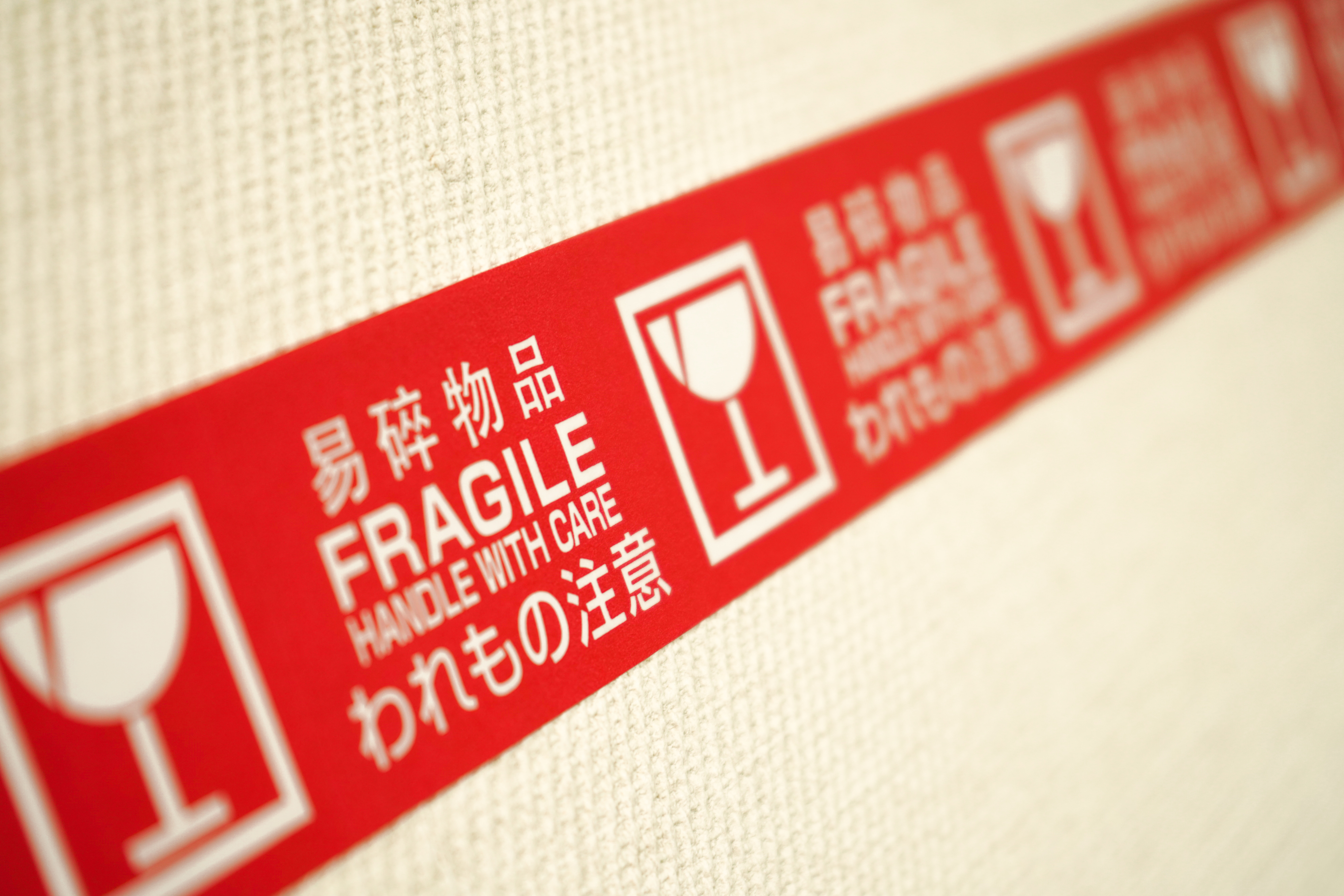Do Labels Make a Statement?

Labels can make a statement about your product and, even more, about your brand. In fact, product labels are often designed to do just that.
Professionally crafted labels can communicate a wide range of messages and statements, including:
- Brand identity: Product labels can help to establish and reinforce a brand’s identity by using the brand’s logo, colors, images, and fonts and by communicating the brand’s values and mission.
- Product information: Product labels can provide consumers with valuable information about products, such as their ingredients, nutritional value, where the product is made, contact information, and instructions for how to use the product. All this information helps consumers make informed purchasing decisions.
- Marketing messages: Product labels can also be used to communicate marketing messages to consumers. For example, labels might highlight the product’s benefits, compare it to competing products, or offer a special promotion. Sometimes, they are used to repeat, over and over again, a company’s tagline. For instance, some of the most famous taglines on labels have been these:
- Taco Bell. “Think Outside the Bun.”
- Red Bull. “Red Bull gives you wings.”
- IMAX Real Estate. “Think Big.”
- Gillette. “The Best a Man Can Get.”
- Apple. “Think Different.”
- Signal words. An example of a signal word, for instance, on a cleaning product used for professional or consumer use would be “Danger.” It would also be supplemented with an easy-to-understand pictogram, making it even more understandable and why the product should be used carefully.
- Emergency steps. Along with what we have discussed so far, this can be one of the most important statements on any label: what to do in an emergency. We’ve all seen labels or signage that add “In Case of Fire” or “First Aid.” These are also called precautionary statements for what to do in an emergency, and these statements on a label can be lifesavers.
- Social and environmental values: Product labels can also be used to communicate a company’s social and environmental values. For example, labels might indicate that a product is made with organic ingredients, is fair trade certified, or is carbon neutral.
In short, product labels can be used to make a wide range of statements about a product. These statements can influence consumers’ perceptions of the product, their purchasing decisions, and their loyalty to the brand.
Oh, and just in case we have not presented our case thoroughly enough, GENflex Labeling Solutions would like to present some more examples of product labels that make a statement and can influence the marketing of a product:
- A food product label that says “Non-GMO,” “natural,” “organic,” or “low sodium” is making a statement about the product’s ingredients — and consumers look for these statements. A 2018 study by Michigan State University found that 65 percent of Americans look for terms like this on labels when making purchasing decisions.
- A beauty product label that says “Cruelty-free” is making a statement about the company’s ethical practices. A study published by Statista found that more than 50 percent of younger consumers would not purchase a cosmetic product if it did not say cruelty-free.
- A clothing product label that says “Made with sustainable materials” is making a statement about the company’s product and environmental commitment.
- A coffee product label that says “Fair Trade certified” is making a statement about the company’s social responsibility.
These are just a few examples, and there are many other ways that product labels can be used to make a statement. Always remember, when designing product labels, these are more than just informational. They are statements about a product, the organization behind the product and help determine how well consumers view the product.
Genflex Labeling Solutions has been a leading provider of packaging and labeling solutions for more than 90 years. We are dedicated to helping your brand and your products succeed. Discover more about General Paper Company here.
